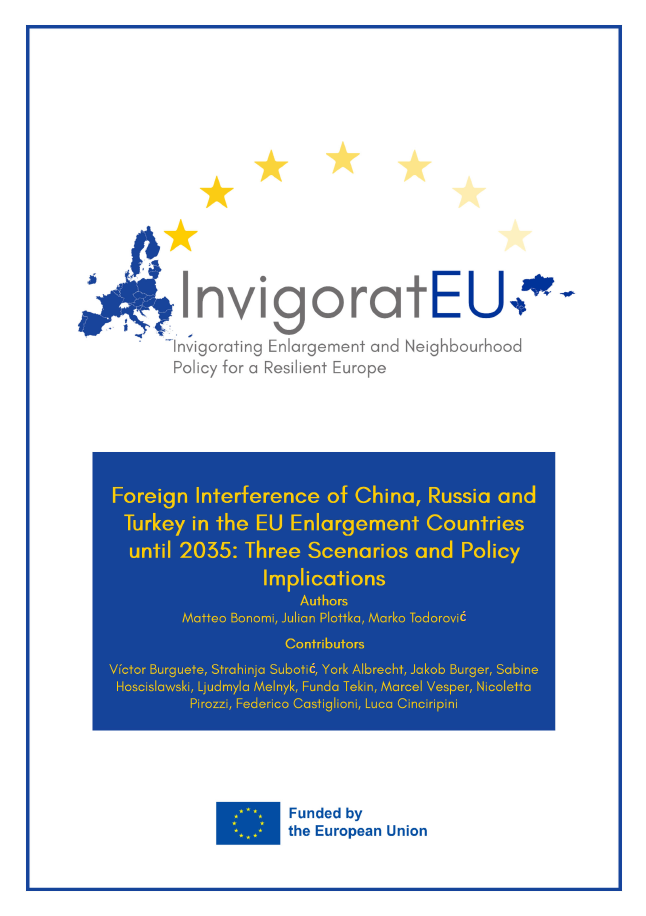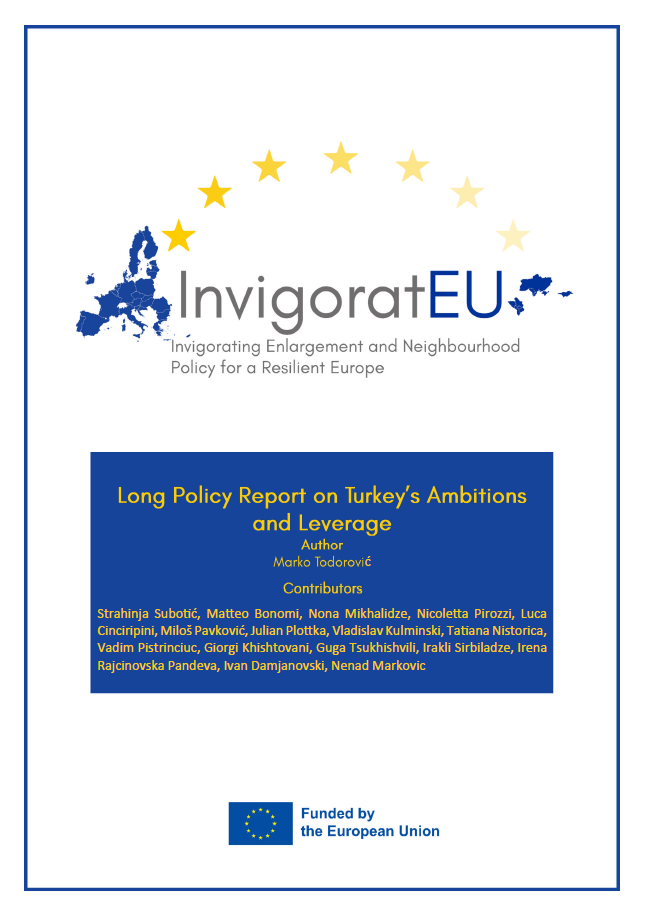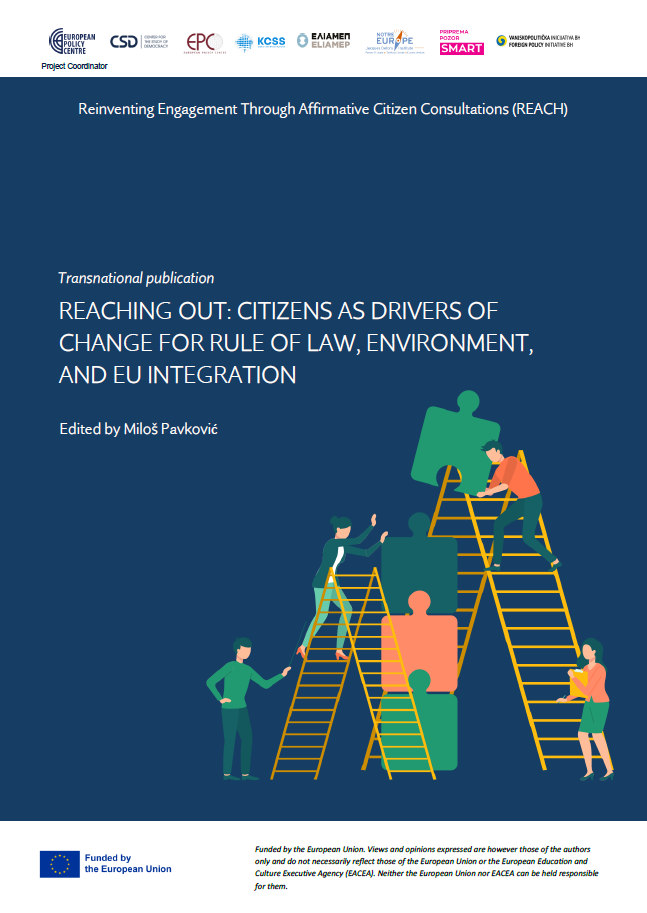Headquarters: Svetog Nauma 7, 11000
Office address: Đorđa Vajferta 13, 11000
Phone:: +381 11 4529 323
Ever since 2022, the EU enlargement policy has stepped a gear up, with gradual integration becoming the mainstream narrative for future accessions. This shift reflects a recognition that the EU and candidate countries should deepen their cooperation even prior to obtaining membership. While previous approaches to enlargement focused primarily on aligning regulatory frameworks, accompanied by ongoing efforts to increase access to the EU’s single market, the emerging consensus among think tanks stresses the importance of broader institutional engagement. This would allow candidate countries to familiarise themselves with EU decision-making processes, contribute to policy discussions, and develop the administrative capacities required for full membership. One key, yet underutilised, mechanism for such engagement lies in EU comitology.[1] Officially known as “committee procedure”, It represents a system of over 200 active committees headed by the European Commission and composed of EU member states’ officials, which plays an important role in shaping policies across various sectors. By involving candidate and aspiring candidate countries in these committees, the EU could foster a more structured and inclusive accession process, bridging the gap between candidate and member states.
The paper explores the possibility and extent of participation of the Western Balkans Six (WB6) in the work of comitology during the pre-accession period, assessing the degree to which this form of early institutional integration is utilised. The research examined meeting summaries, rules of procedure, and relevant directives or regulations of all active EU committees – available at the Comitology Register.[2] For a committee to be classified as active, it had to have convened at least once since 2022. The research was conducted up until the end of January 2025, allowing for a comprehensive assessment of the most recent developments. Additionally, findings were compared with an analysis conducted on the state of comitology participation in 2023 to identify trends and potential shifts in committee participation. However, the research faced certain constraints, particularly the absence of publicly available rules of procedure or meeting summaries for some committees, which limited the scope of analysis in specific cases. To overcome these, four interviews were conducted with stakeholders from the EU and WB who directly took part in the work of the committes to gain firsthand insight into the work of the committees. The findings support the thesis that participation in EU committees remains an underutilised mechanism for early institutional engagement of the WB6. Strengthening involvement in these structures could serve as a valuable instrument for fostering deeper integration and preparing candidate countries for the complexities of EU decision-making.
[1] European Commission. Comitology. https://commission.europa.eu/law/law-making-process/adopting-eu-law/implementing-and-delegated-acts/comitology_en
[2] European Commission’s Comitology Register: https://ec.europa.eu/transparency/comitology-register/screen/committees?lang=en


